Stepping Back and Self-Care: Two Underappreciated Tools for Supporting Your Loved One
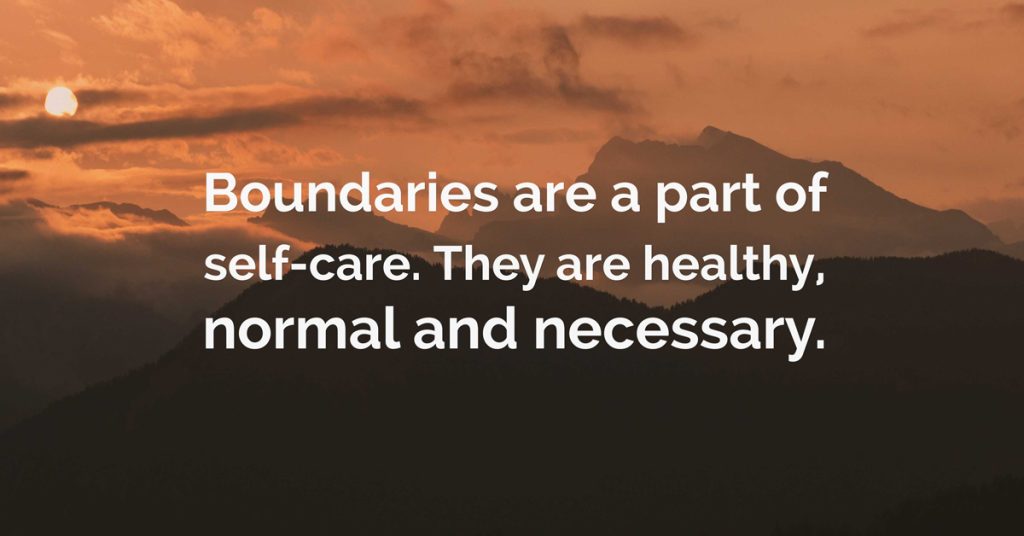
Photo credit: Doreen Virtue, quote fancy
Two questions from an Allies member give Laurie MacDougall an opportunity to underscore some CRAFT essentials. Self-care is indispensable. Stepping back when a Loved One is using is good practice. And both—especially when informed by CRAFT skills and techniques—are good for your Loved One as well as yourself.
Perhaps a very general question, but how do you deal with constant deflection and a partner being triggered when you remove yourself from the conversation or room when they are using? And how can you show empathy when your partner is really struggling but you also need to take care of yourself?
You raise such wonderful questions, and I know so many in the Allies in Recovery community can identify with your situation. Please correct me if I’m wrong, but it sounds like when you remove yourself and disengage when your Loved One (LO) is using, your partner ramps things up and tries to draw you back in.
Unfortunately, the only strategy they may have right now is to blame and shame you in the hope that you will return, thereby drawing the two of you back into a behavior pattern they’re comfortable with. Makes sense to me that they might panic when you stop doing the same old dance moves.
From your post, it’s clear that you’ve been watching the Allies in Recovery Modules and doing the activities! Bravo! I can see that you have focused in on Module 6 (My Loved One IS Using Right Now. Now What?) You are clearly attempting to remove yourself and other immediate rewards, and to allow the natural consequences. That’s exactly right, but there are still some complications. Your LO isn’t happy about it, and turns you into the scapegoat for the distance.
Your first question is (naturally enough) how to deal with this, and your second is how to care for yourself when your LO is struggling so much. I am going to answer your questions in reverse order. I hope my answers reveal why.
-
Time to reframe self-care. One of the most critical ways of helping your LO through their struggles is to make sure that you yourself are in your best mental, physical, and emotional state in the moment.. Ask yourself this question: When are you better able to handle situations—when you’re frustrated, angry, sad, hopeless, and ready to cry? Or when you’re calm, clear thinking, and reasonable? We all know the answer. And this is why self-care is so important for you and your loved one!
Good news, isn’t it? Self-care ≠ selfish. Au contraire. Self-care = your best self at the table, and this is a benefit to everyone.
-
Regulating your emotions is top priority but difficult to do. It may not feel like it right now, but trying to find ways to manage when you’re triggered (so you don’t react to challenging thoughts and feelings) while still providing care and compassion to your LO is a positive step. Just the fact that you’re aware that this is happening and are searching for solutions is telling. It means you’re headed in the right direction.
Learning to emotionally regulate and calm your system will help you not react in the moment. It’s a key CRAFT skill that helps us implement other skills and strategies effectively. Reactions happen so quickly. Try instead to press the pause button and check in with yourself. What are you feeling? What are you thinking? Can you reframe the story in your mind?
Give yourself the space and time you need to really think things through and prepare a well-thought-out response. This is creating an emotional boundary.
-
If you’re still dealing with deflection and your LO being triggered when removing yourself, you may not be physically far enough apart. Sometimes it may be necessary to get in the car and go for a drive or make plans to meet up with a friend. Take the space and time you need to calm your system down. It may mean you need to physically distance yourself even farther. Keeping distance can help protect you from the continued tactics to try to pull you back into engagement. Again, the goal is to get to a place where you can deal with your own challenging emotions and thoughts and then create that considered response to your LO.
Again, it makes sense that your LO won’t like it when you start behaving in a way, they’re not familiar with. Maybe they feel abandoned or rejected. Those are difficult feelings to cope with.
Remember, though, that learning to deal with challenging feelings is a critical coping skill. If they have not had to do this is the past, they are not going to like it. Being shown how your behavior affects others in a negative way is difficult to face! And pushing back against that is a natural response.
Setting clear boundaries helps both of you—even if your LO can’t see it
Stating your emotional boundary in a clear, calm, assertive manner, while at the same time taking into account the worries your LO may have, could help minimize their struggles. It might sound something like this:
I’m feeling frustrated and angry right now. I can feel it my chest. I am not going to be good in this conversation. I need to take some space to check in with myself and calm myself down. I will check back in with you later when I am in a better space, and we can talk about this.
You may be met with cries of, “It’s all about you” or “Oh, so now you’re going to just walk away” or “It’s you acting this way that makes me want to drink more.” Nonetheless, staying assertive with your boundary will send the message that you believe your LO has the ability to learn to deal with their own challenging emotions. It will take time; they are not going to learn right away. But you will have done your part in trying to reassure them that you are not abandoning or rejecting them.
Later, when your LO is not drinking, they may still blame you, even perhaps go so far as to claim that your stepping back is the cause of their increased drinking. Be prepared for such a response. Really dig into Module 4, the communication module, and learn some strategies to respond in ways that are assertive and take care of your needs, but are still understanding about their struggle to pull this all together.
What about reflecting back to your LO aloud? It might sound something like:
So, what you’re saying is that when I leave while you’re drinking it makes you want to drink even more. You struggle with your thoughts and feelings when that happens.
Remember, however, that those thoughts and feelings are still his to deal with. You may not have the answers to your LO’s issues, and in moments when they are using, you may need space. Also remember that feelings and thoughts are not facts. Your LO may struggle for a while to learn how to cope in a more positive way. Be prepared: it often gets worse before it gets better.
Troublesome thoughts and feelings: yours are yours, his are his
So right now, for both you and your partner, it’s a matter of learning to cope and deal with your thoughts and emotions. Head to Allies’ Module 7 (How Do I Care for Myself When Negative Feelings Get in the Way?). We call that module “CBT (Cognitive Behavioral Therapy) lite.” It includes some strategies for managing those thoughts and emotions. There is also a multitude of posts about self-care in the Discussion Blog, full of practical suggestions and strategies. Look at the right-hand column of topics and scroll down to self-care (or just click here). And because it bears repeating: self-care includes understanding that your LO may struggle when you set boundaries, and may try to get you to return to old habits.
I know that what I’ve outlined above is difficult to do and heavy to deal with. To seek a little positive balance, check out Module 5 (My Loved One is Not Using Right Now. Now What?). Module 5 is all about remembering that your LO so much more than just their illness.
Finding those moments when you can see the other parts of your LO can be very rewarding. Identifying and acknowledging those good aspects, maybe even the parts of them that drew you to them to begin with, can really build the relationship. So, engage in things you both enjoy doing. Reinforce positive behavior. Show appreciation for their positive actions, small or large. Create those moments when you can reconnect.
The bottom line
The simple answer to your question of how to care for yourself while also being compassionate and caring toward your LO is to practice CRAFT. Self-care may not feel great at times (such as when you have to withdraw or set an emotional boundary), but remember that it’s not just for you. Your CRAFT-informed responses are a benefit for your LO as well.
I am leaving you with a lot of information in this response, and I know it might be a little overwhelming. Take it slow. One baby step at a time. And please keep us updated on your progress.
Wishing you and your partner a healing journey.
Laurie MacDougall

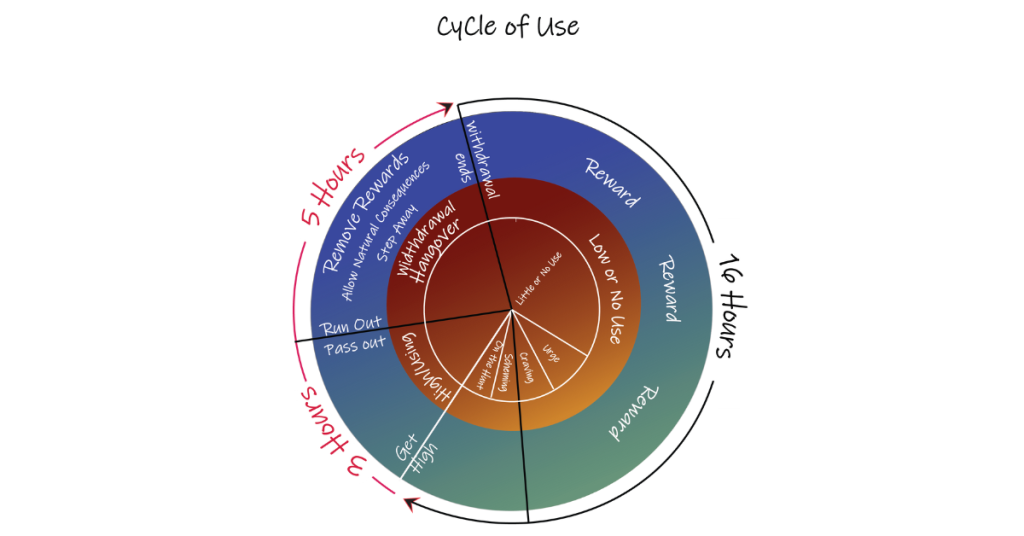

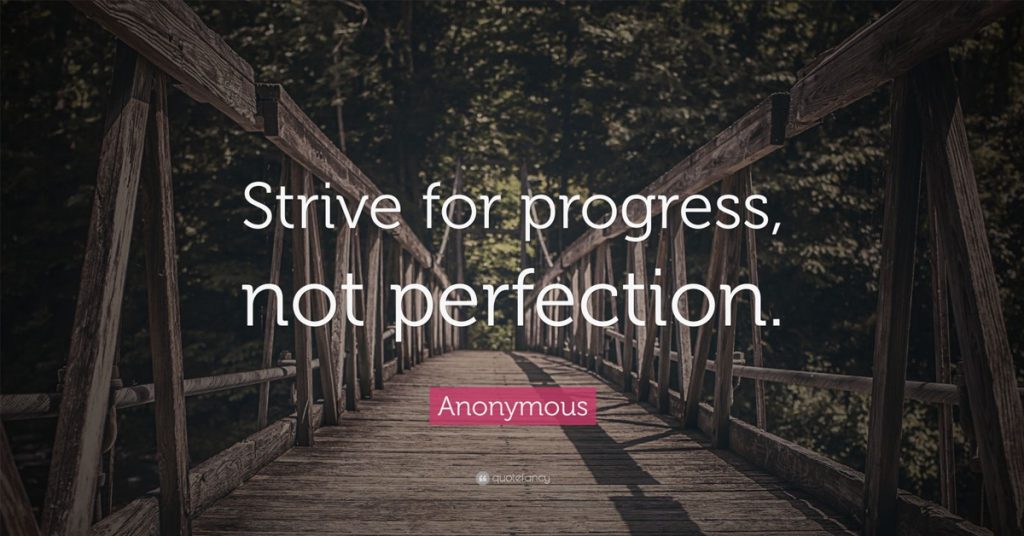




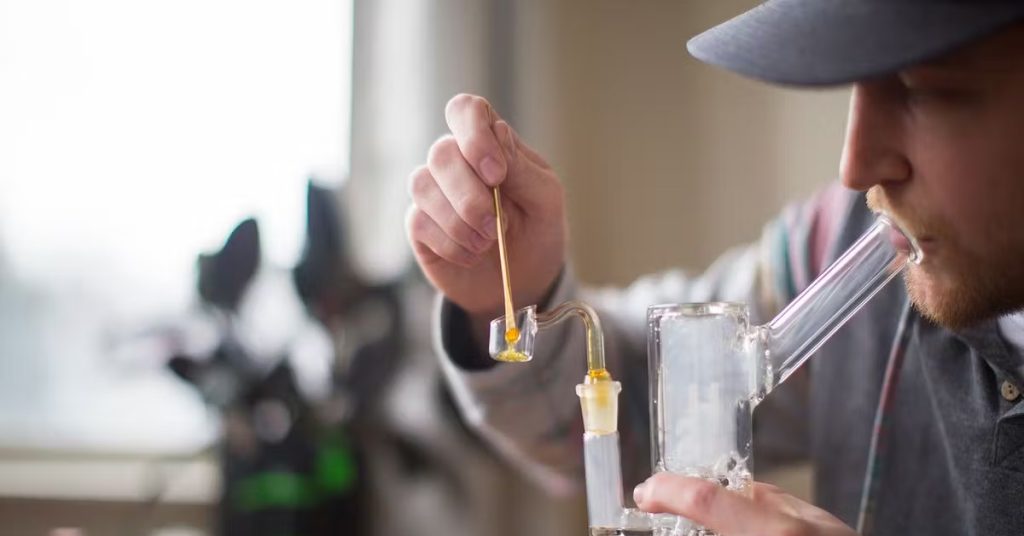


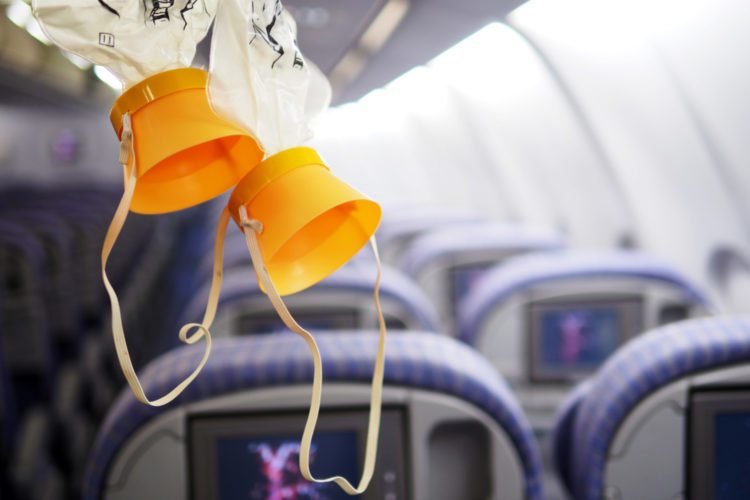
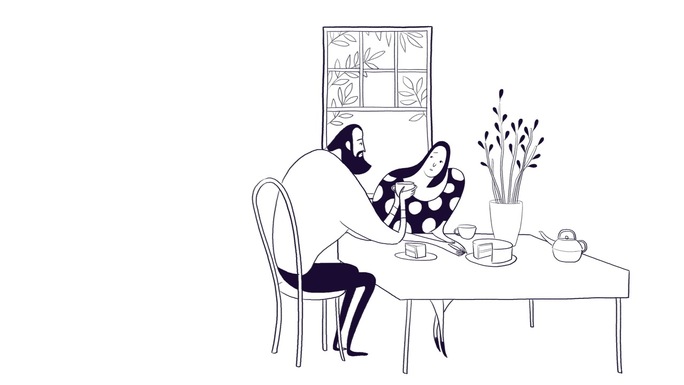



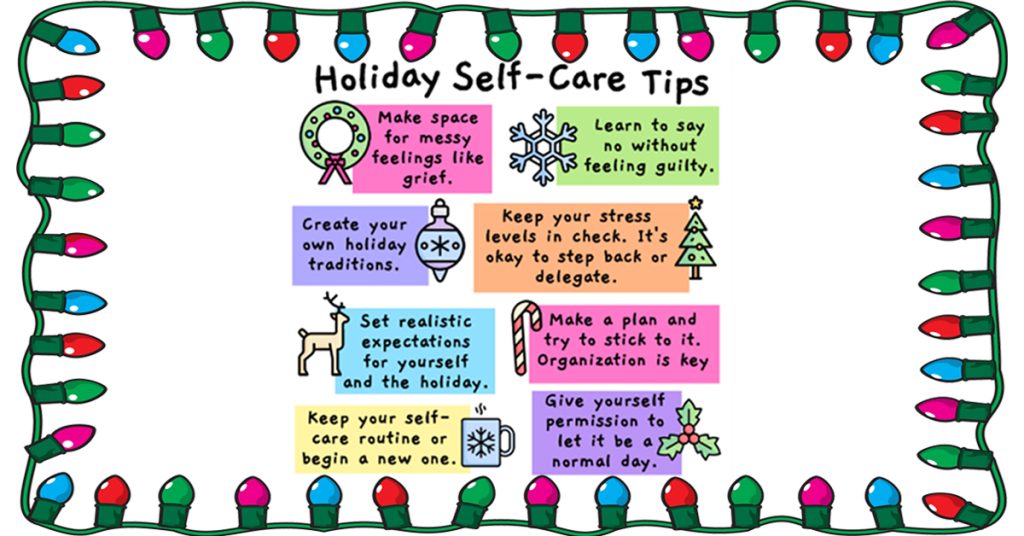








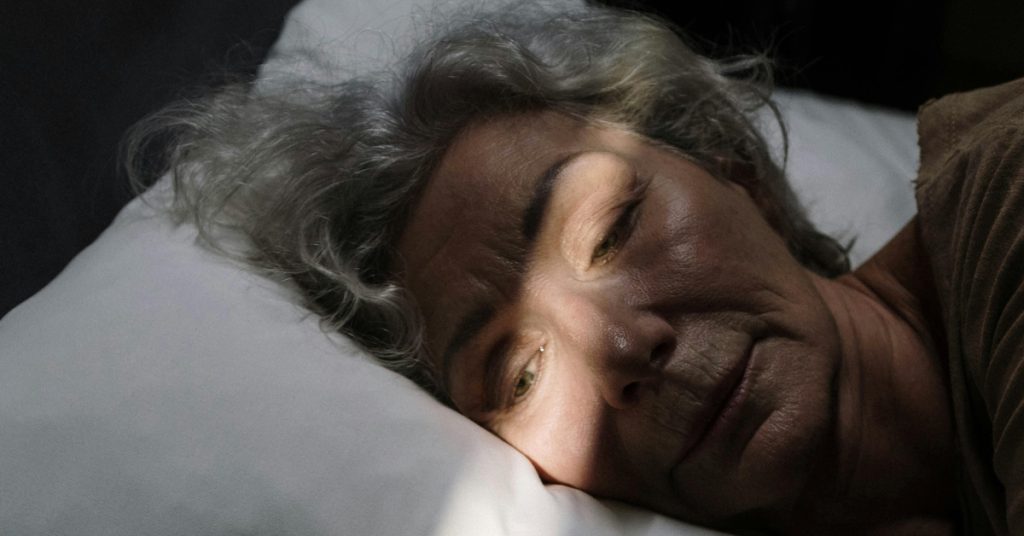
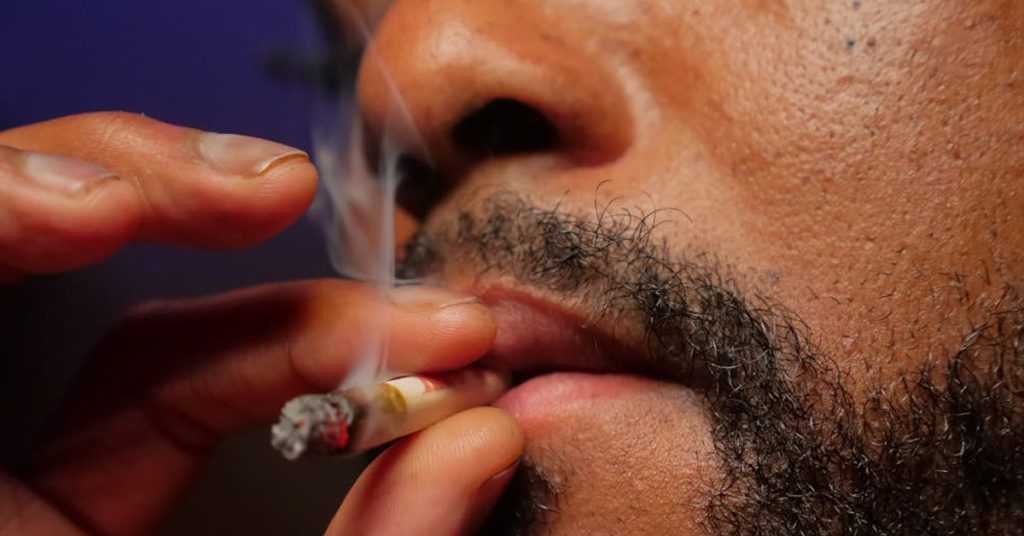

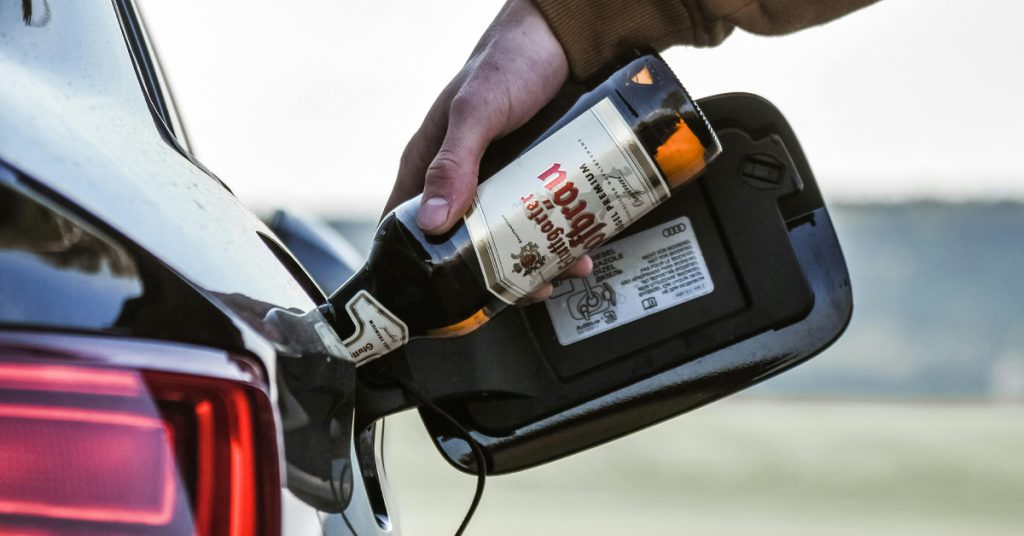
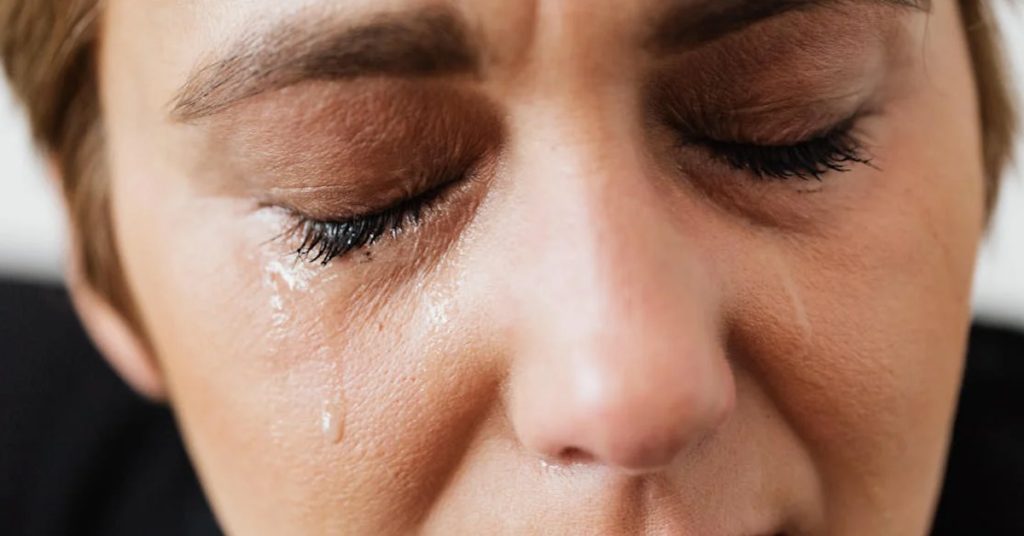

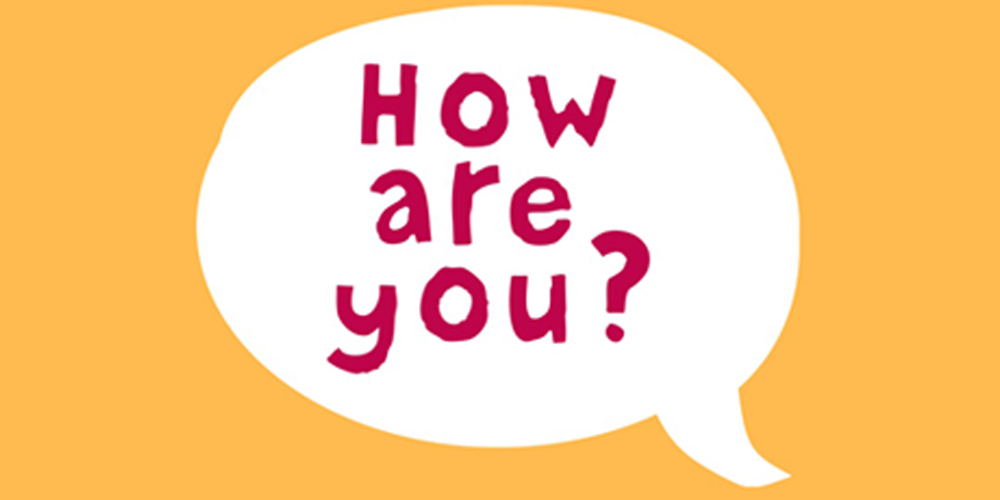
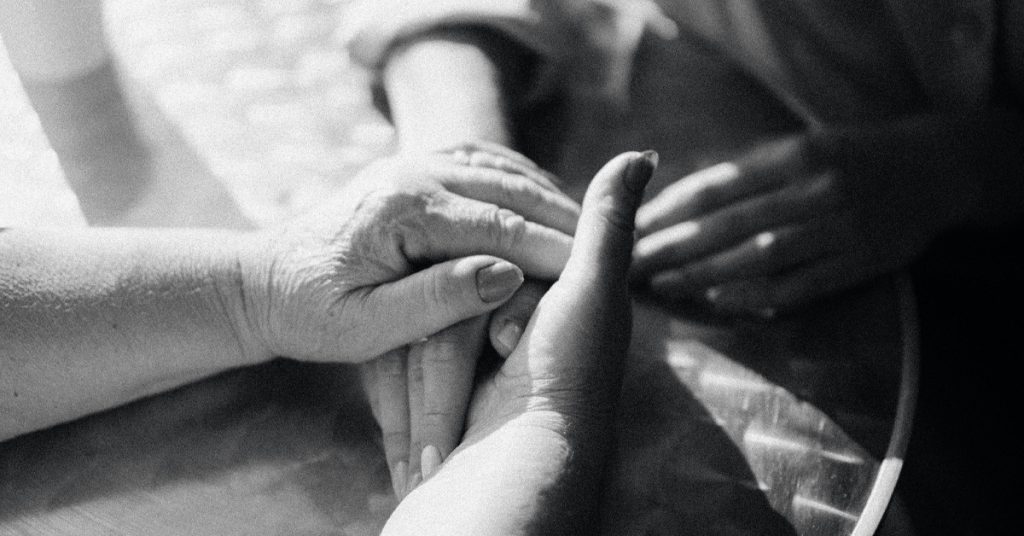
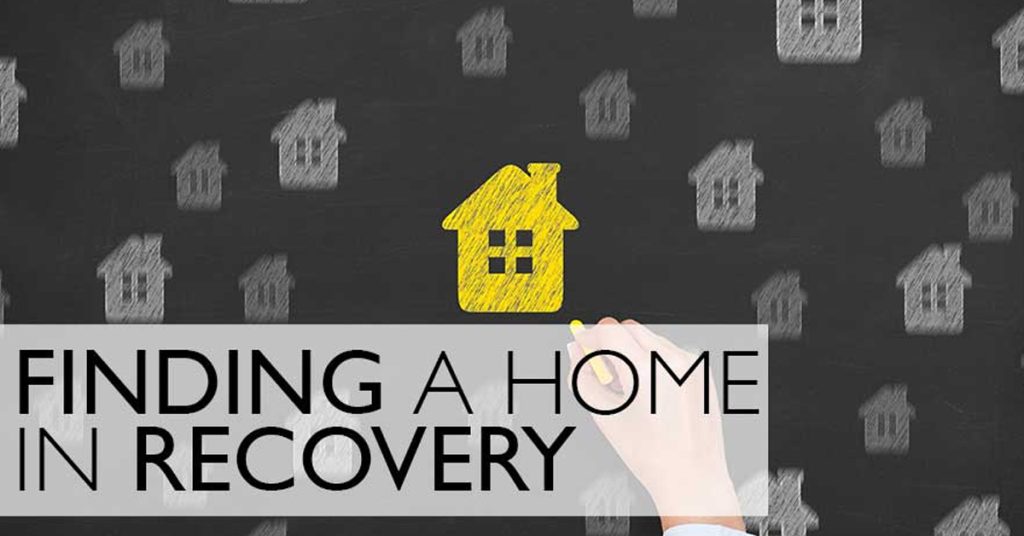
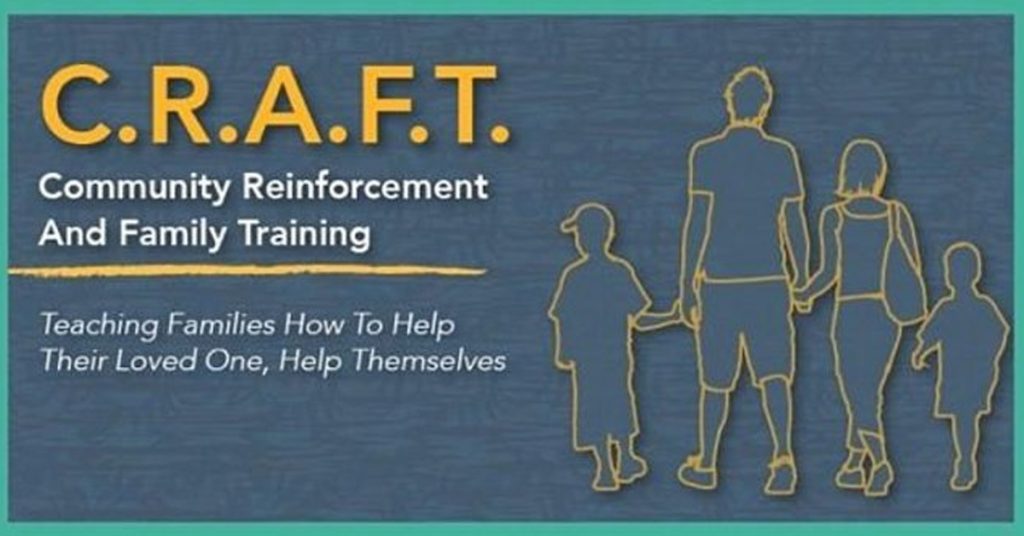



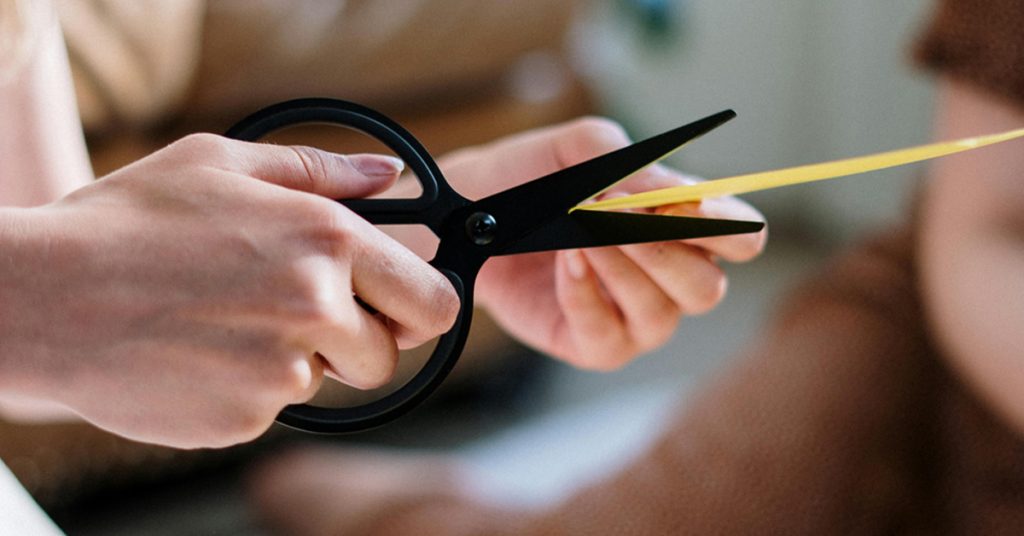

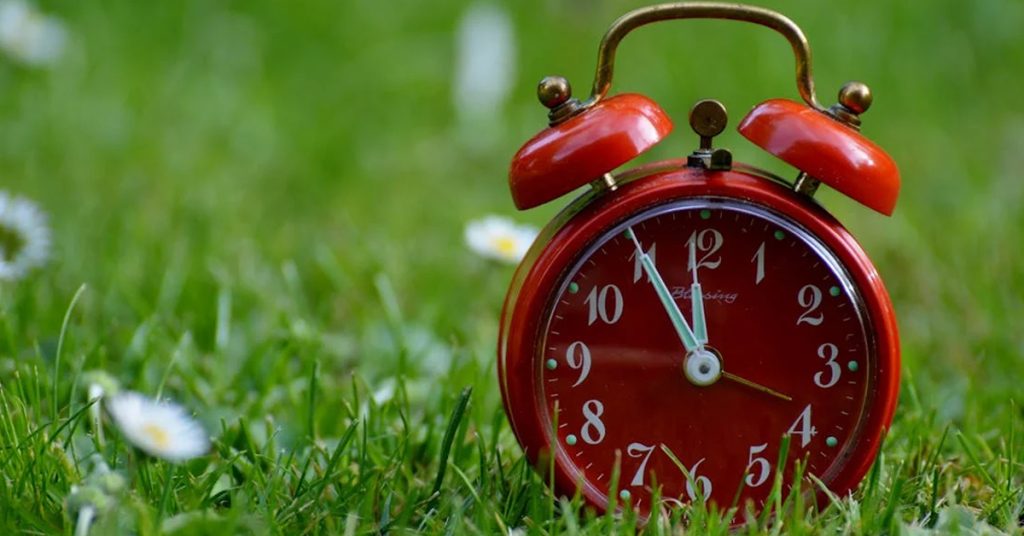

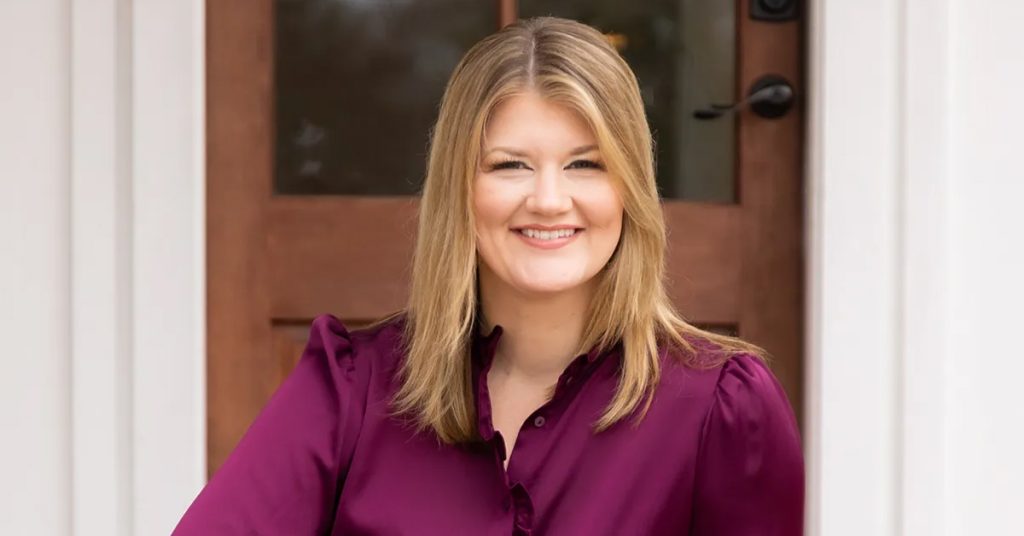
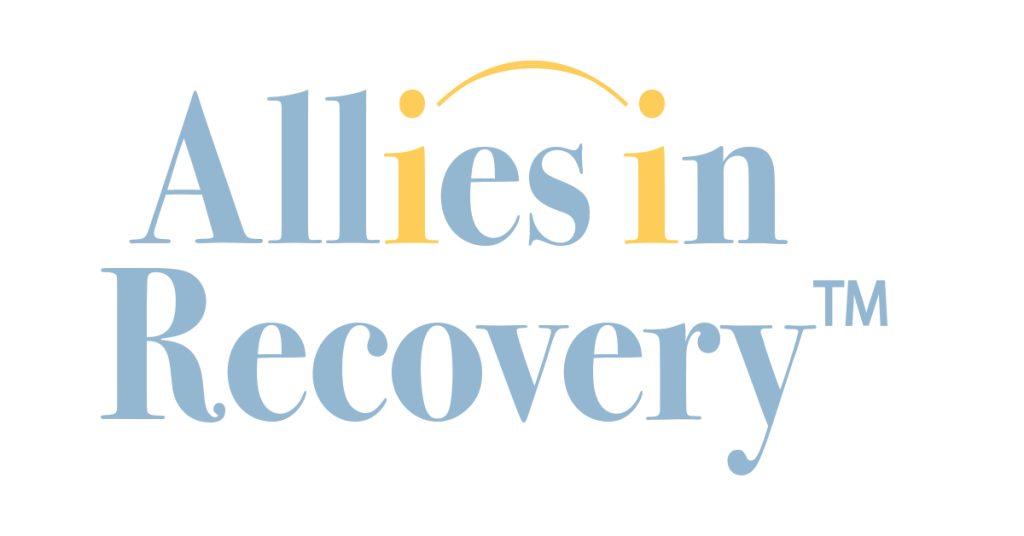


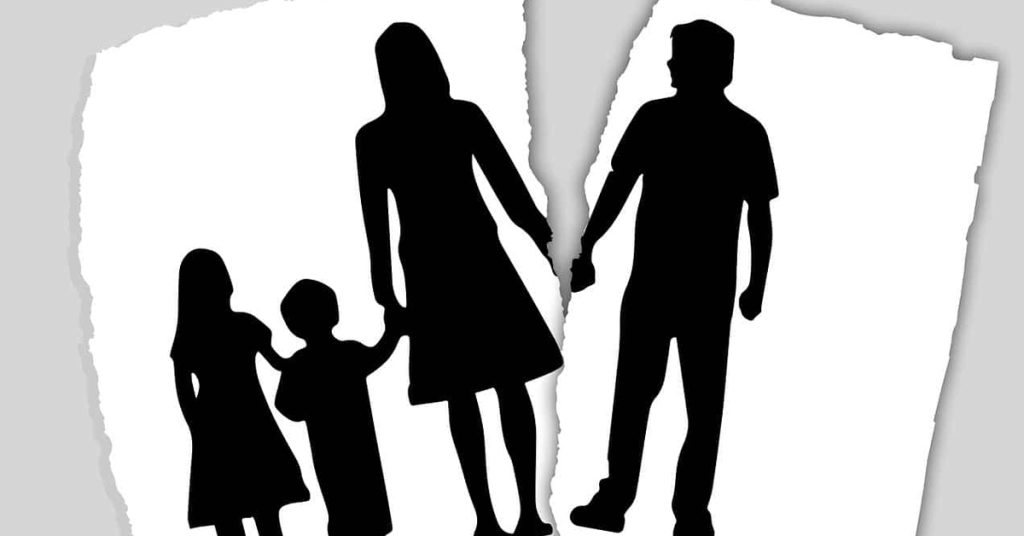
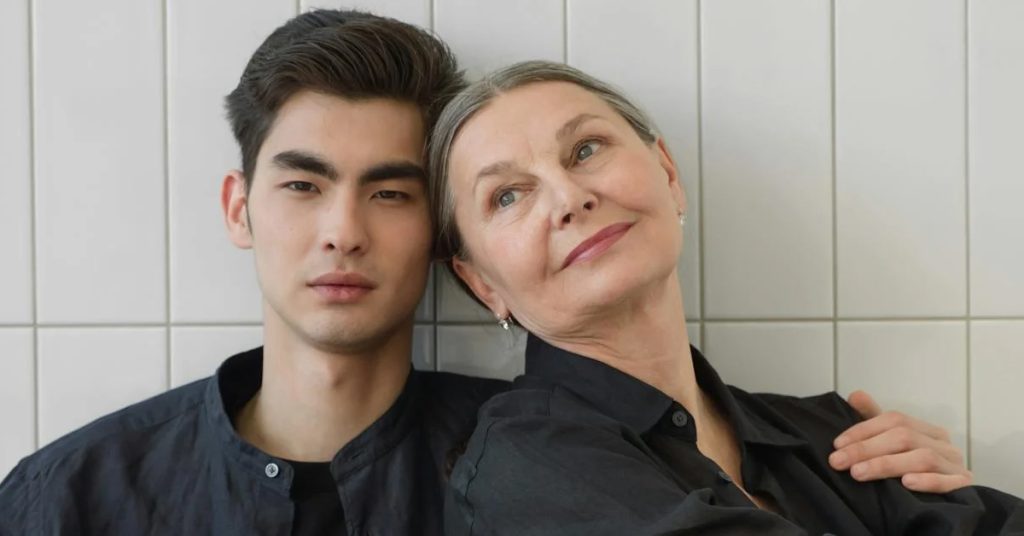



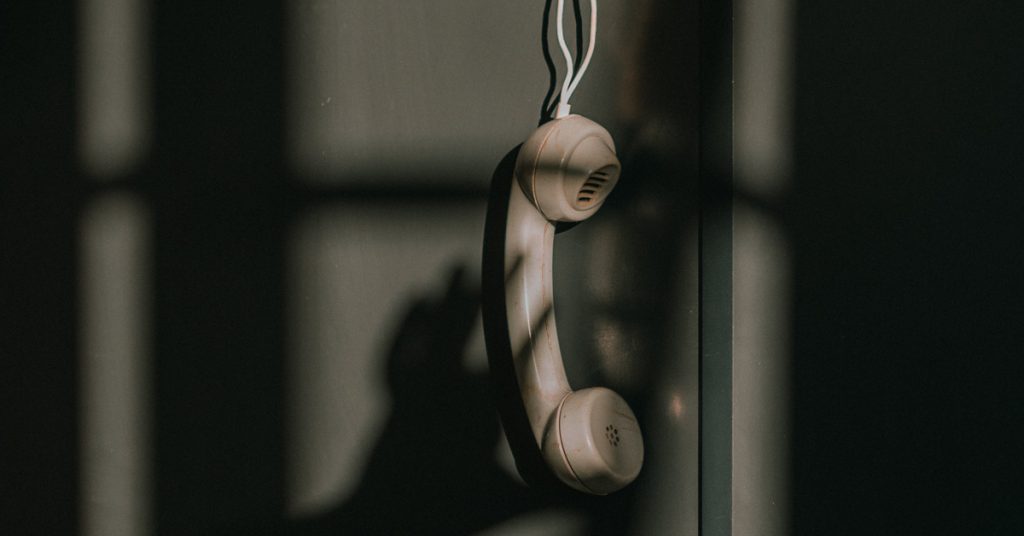

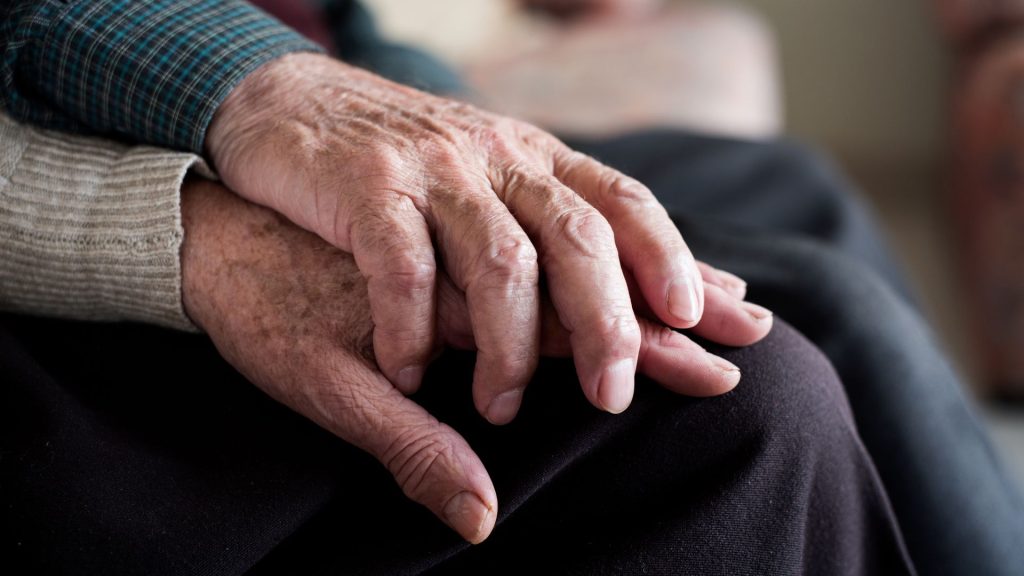

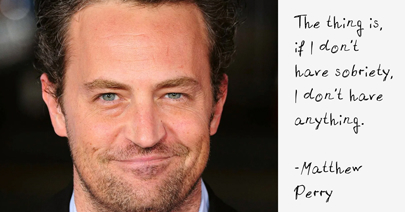



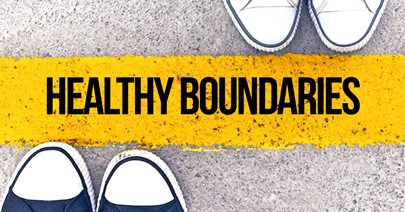

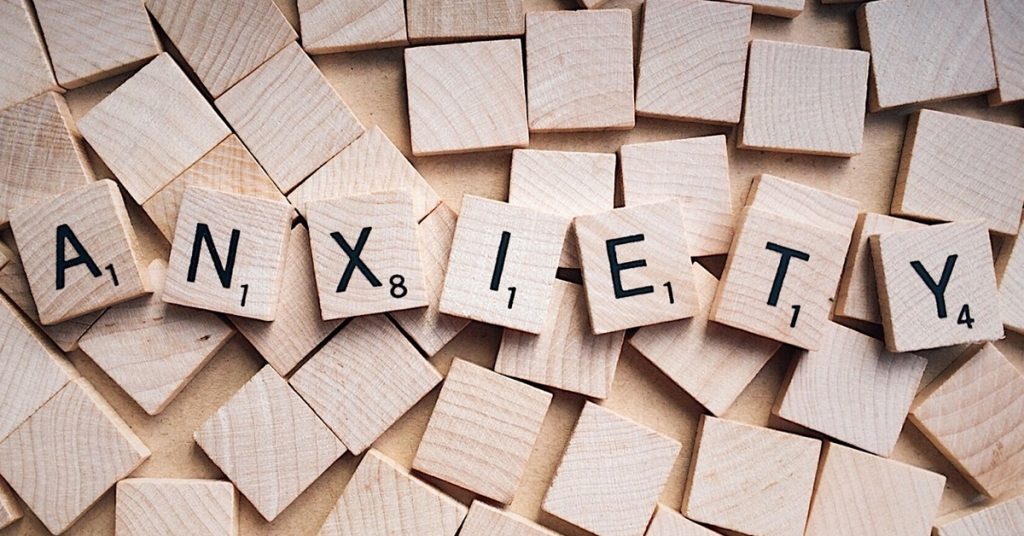
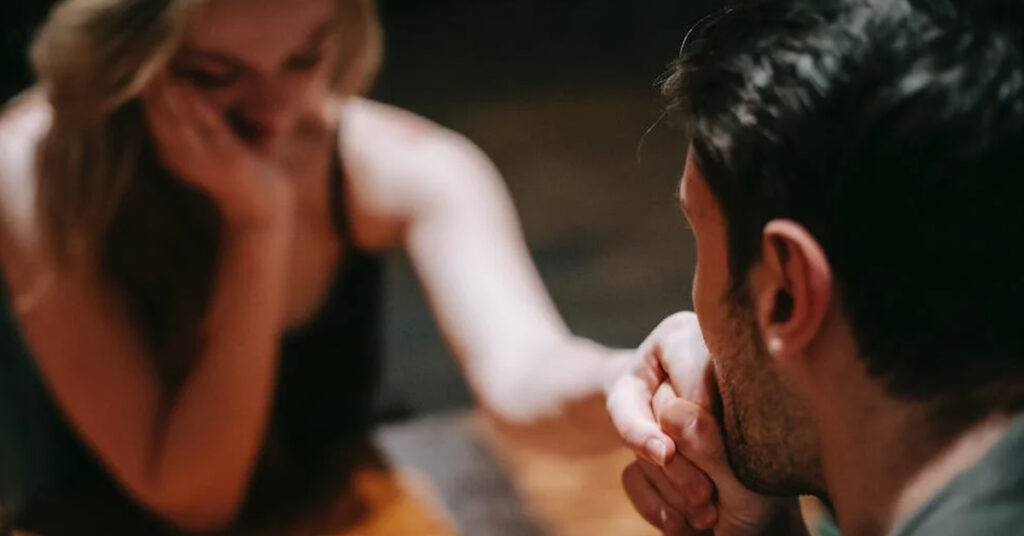
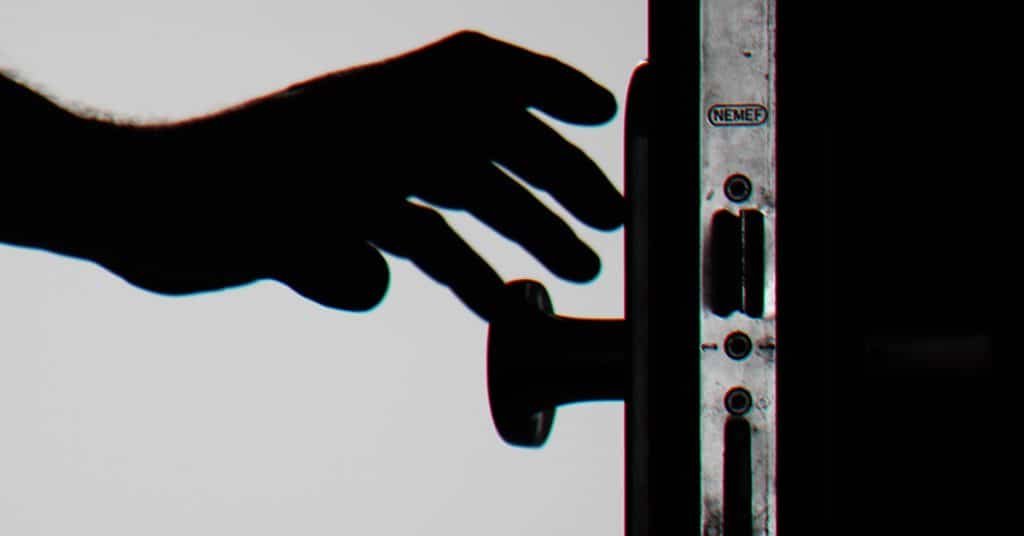
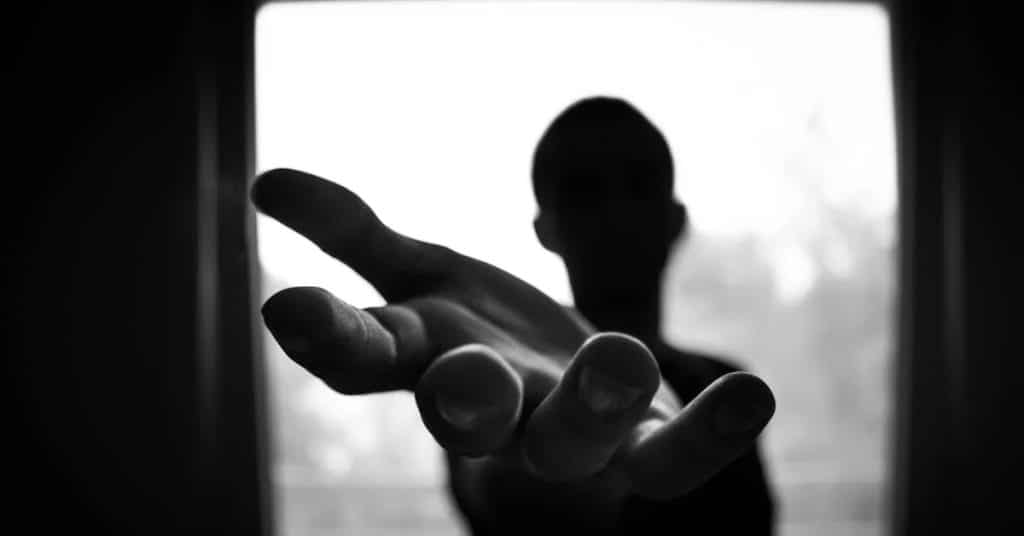


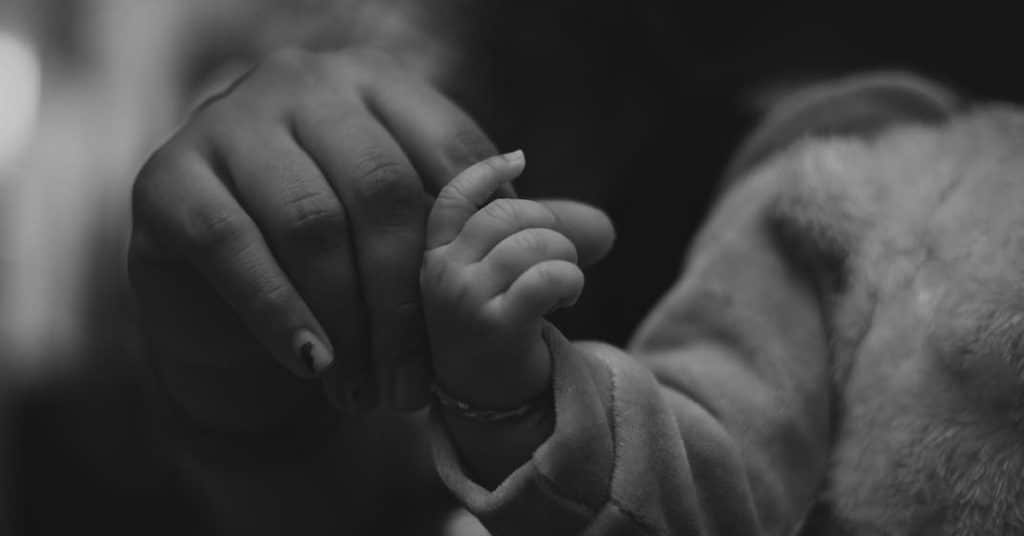
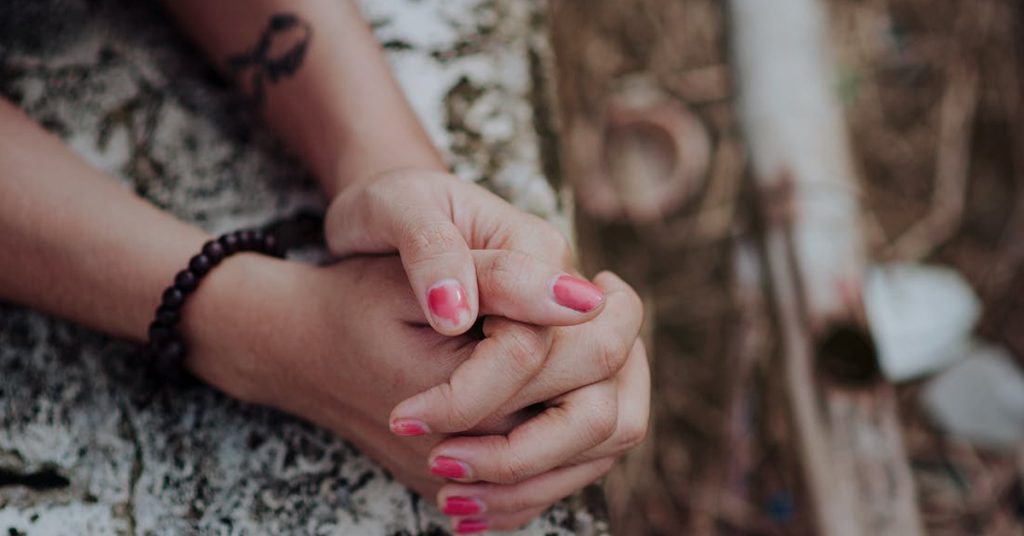
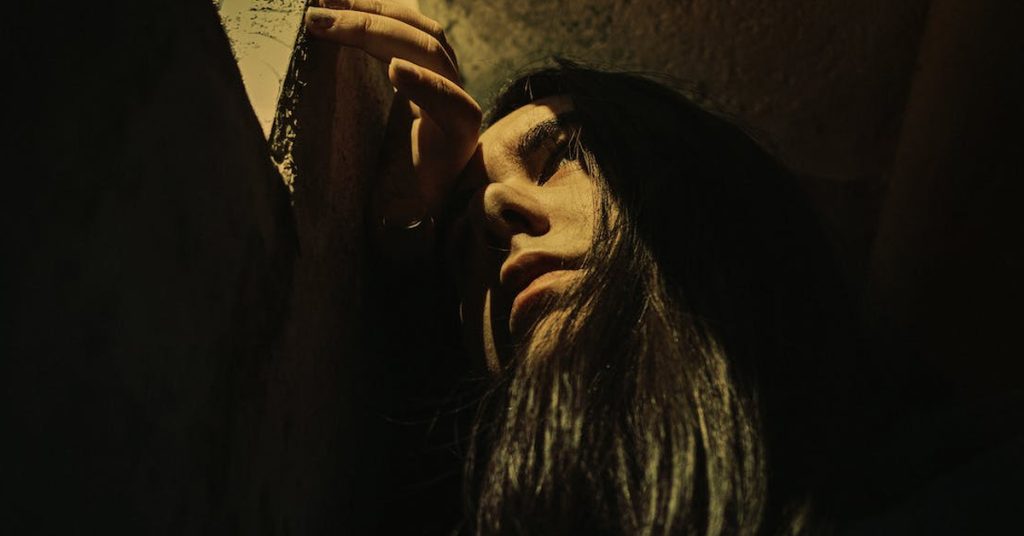
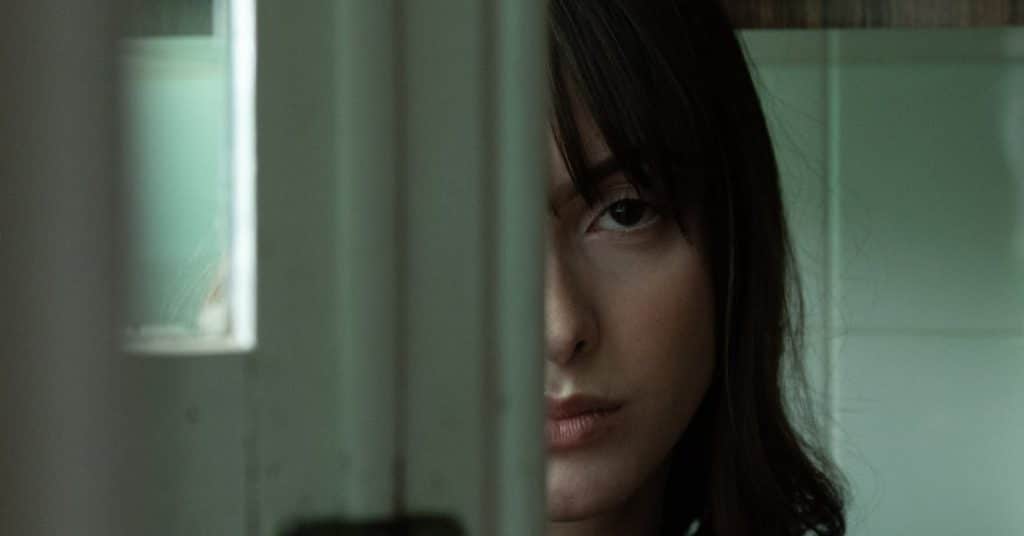




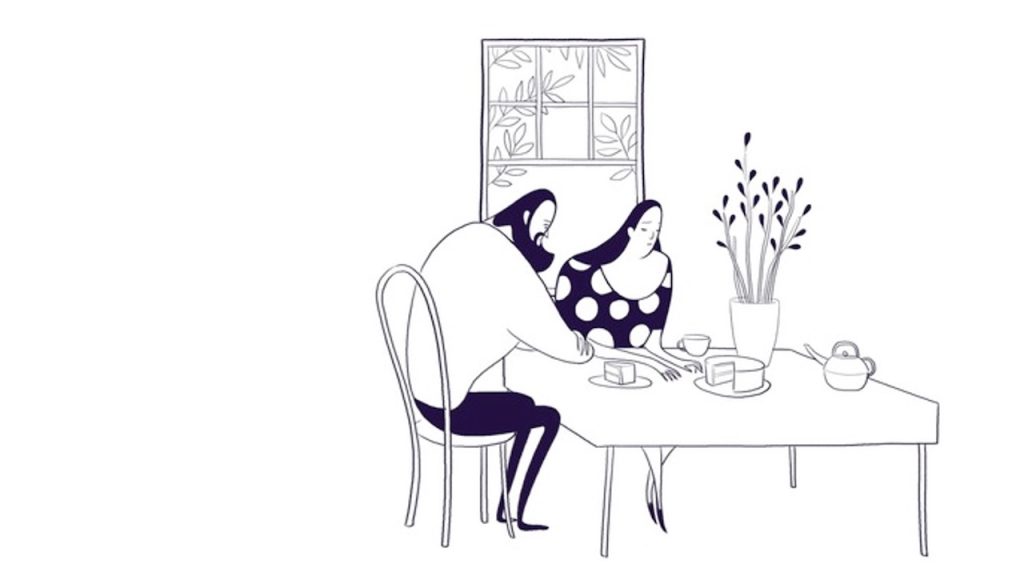



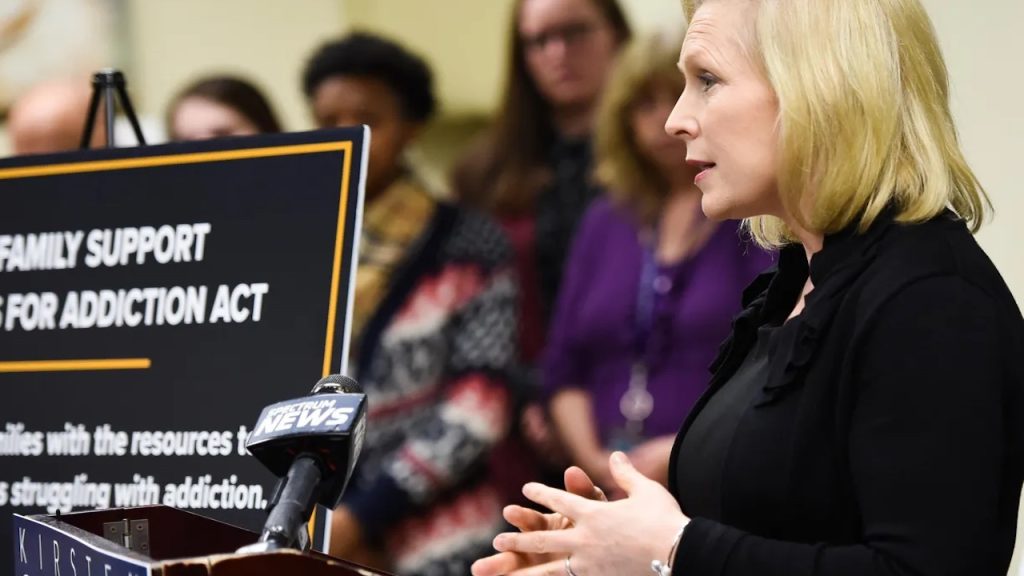

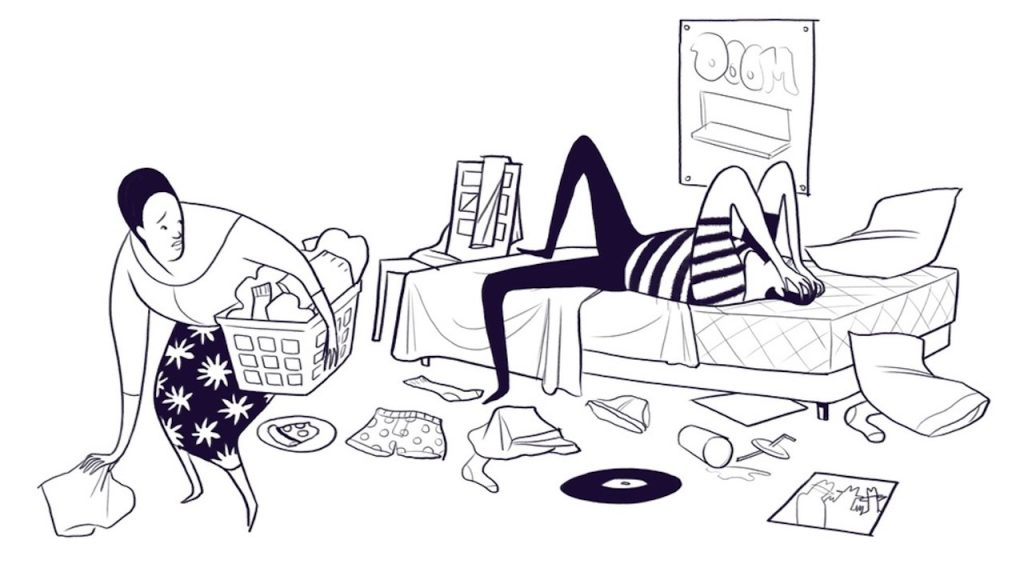
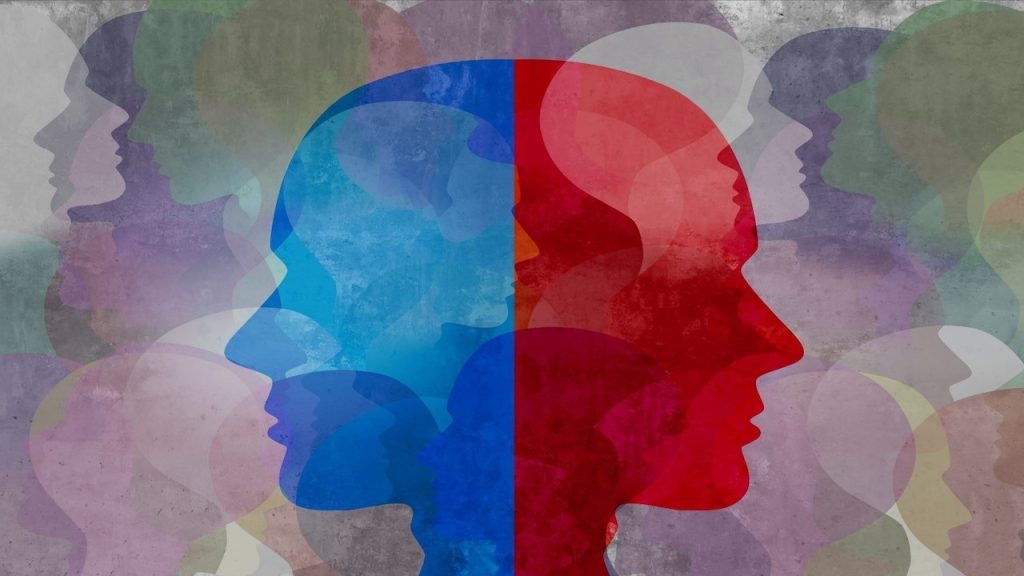

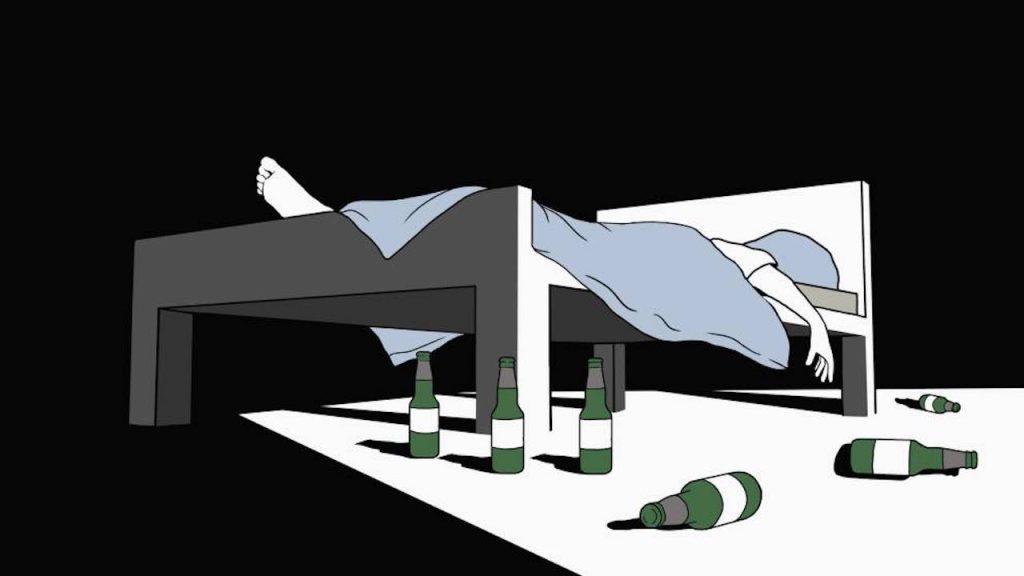



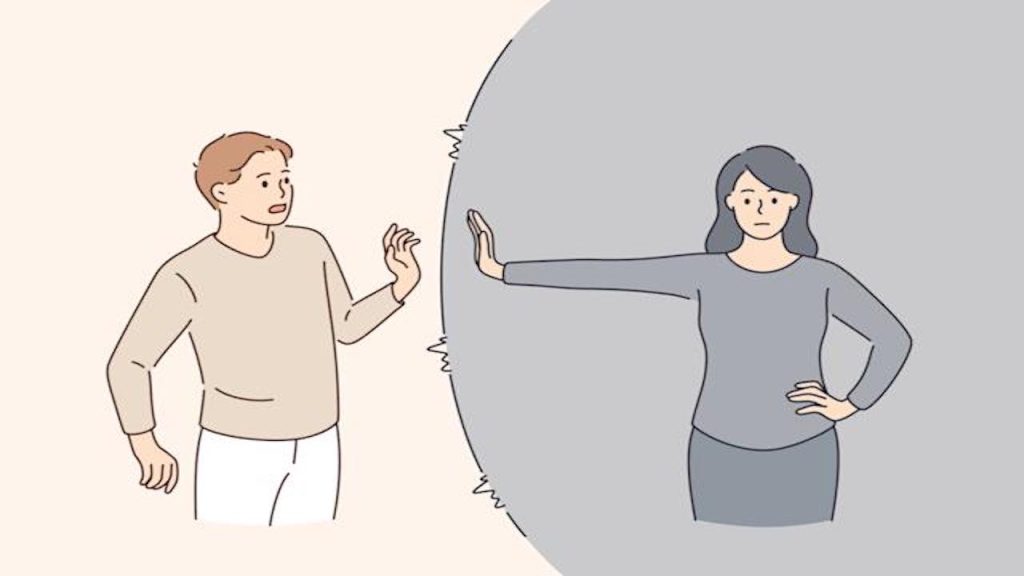

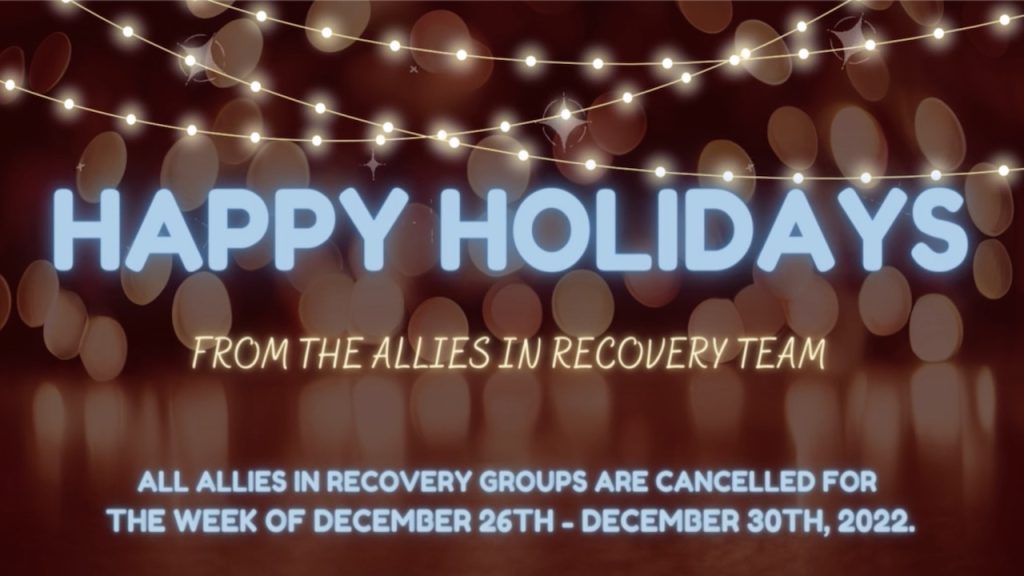
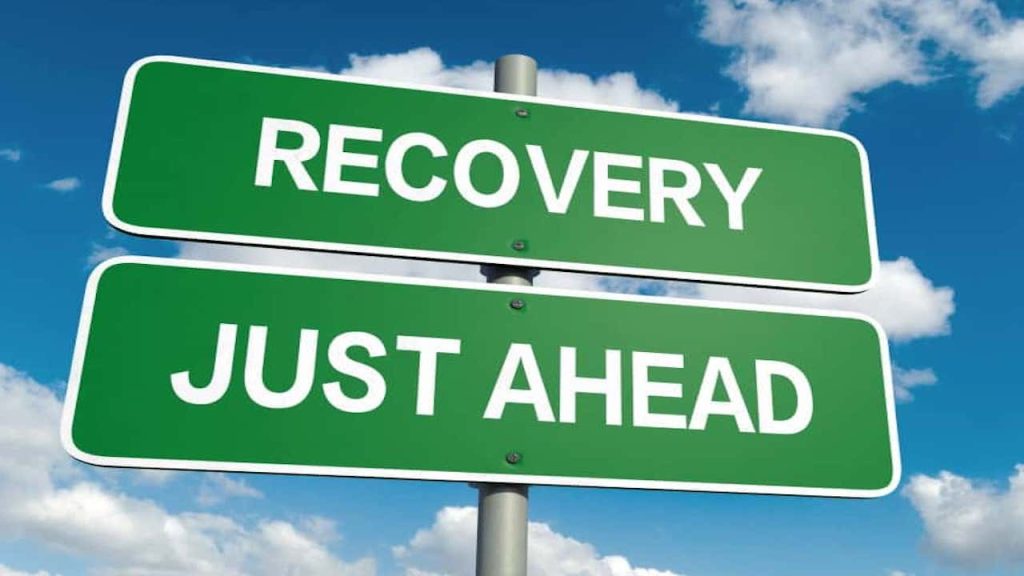


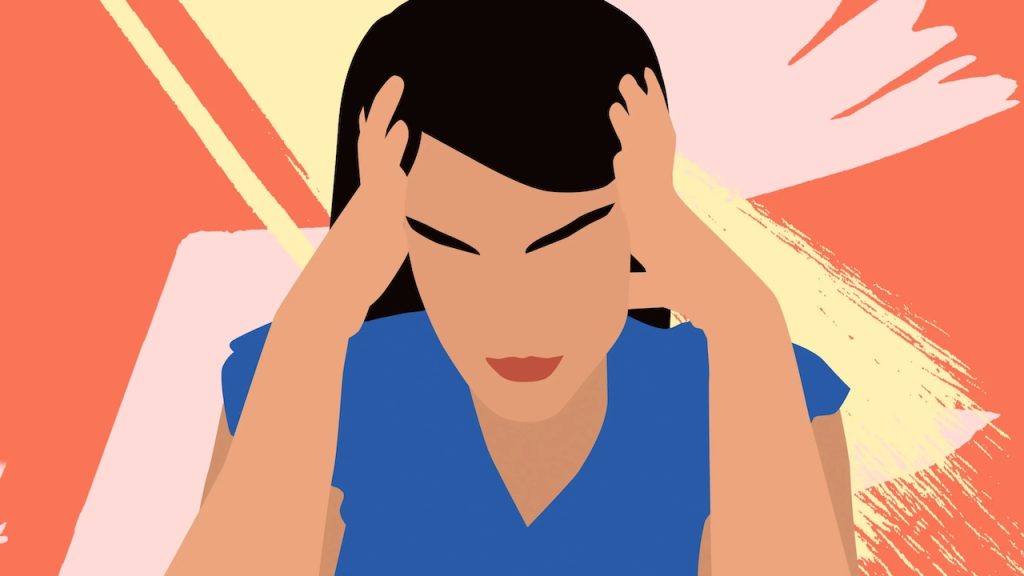
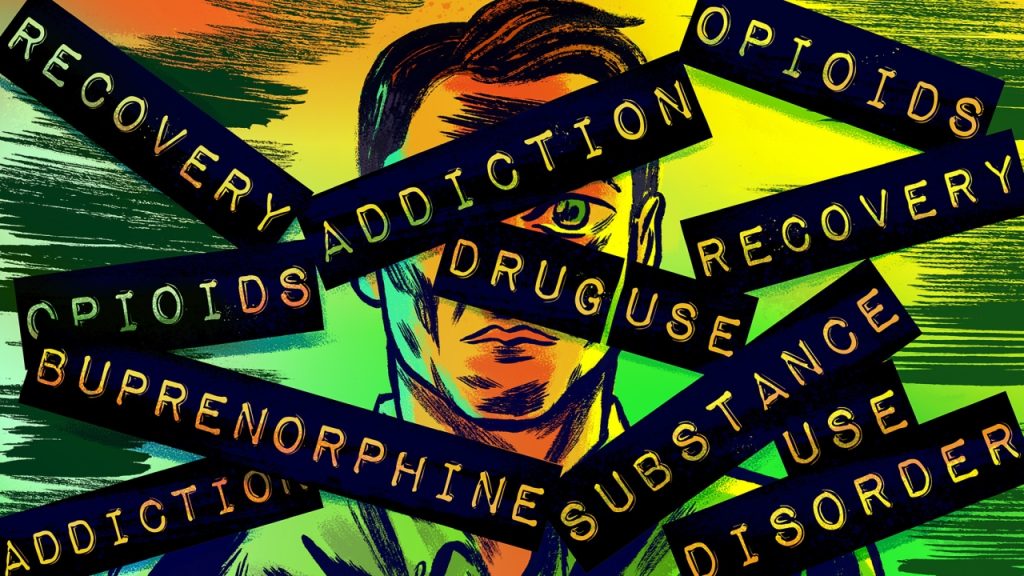

LEAVE A COMMENT / ASK A QUESTION
In your comments, please show respect for each other and do not give advice. Please consider that your choice of words has the power to reduce stigma and change opinions (ie, "person struggling with substance use" vs. "addict", "use" vs. "abuse"...)